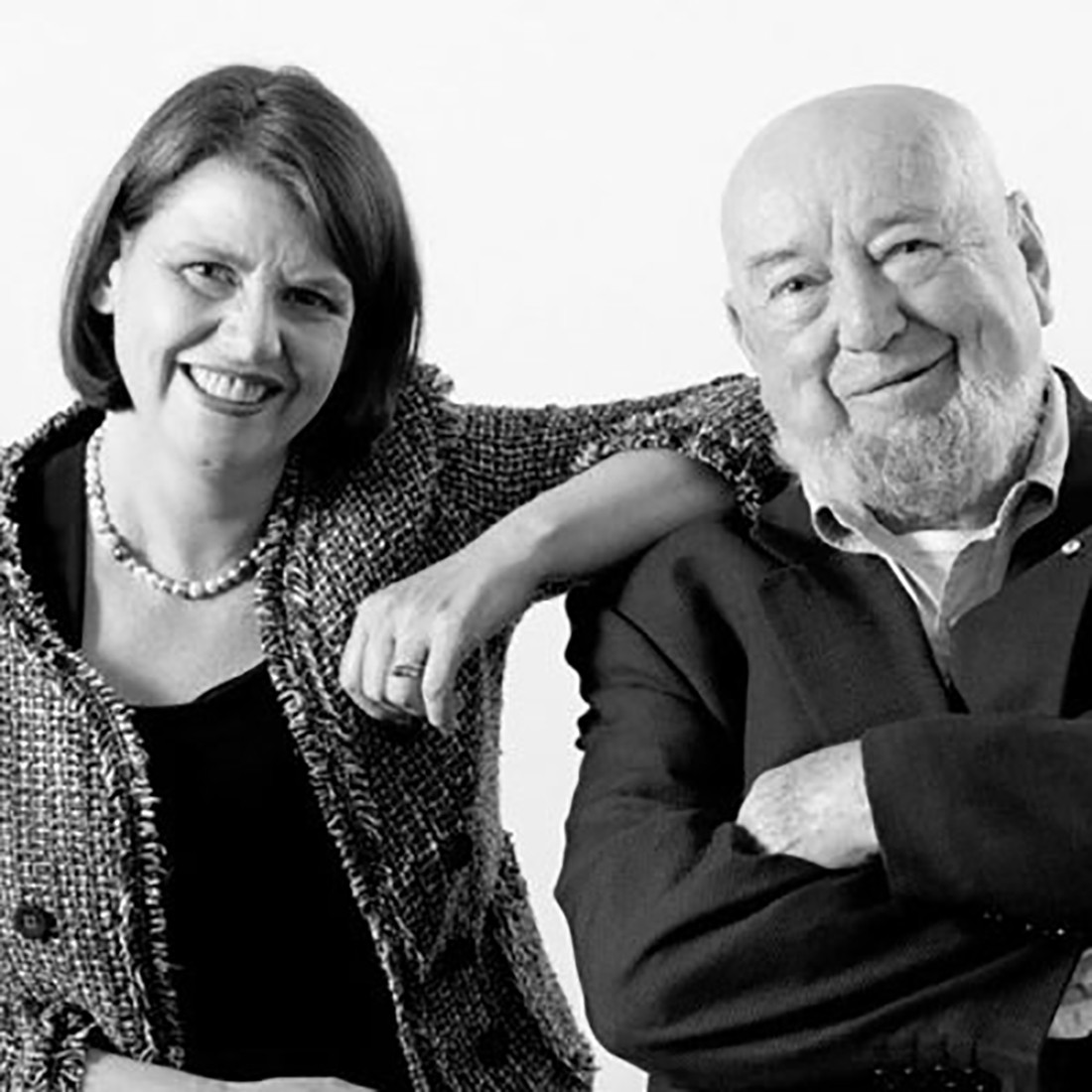Meg Keneally
Meg, your novel The Soldier’s Curse has been written with your father, Tom Keneally, a very famous name in Australian literature. Was it daunting; the act of writing with such an accomplished author?
When I was offered the opportunity, I was both excited and terrified. Working with a man who has written dozens of books, received a Booker Prize and has a few Miles Franklin Awards under his belt is a daunting prospect, even if he is the nicest man you could ever hope to meet. But it was a tremendous experience. Initially we were going to write alternate chapters, but ultimately I wound up writing first few drafts and then worked with Dad on the rewrites, which was like a personal master class and made my amateurish attempts so much better.
Research and writing teams are not uncommon in other fields, such as the sciences. However collaborative writing teams are just starting to emerge in the world of fiction. Writing with a parent could bring your closer together or, might create unexpected tensions in your relationship. How was the experience of writing collaboratively for you?
It definitely bought us closer together, but we have similar personalities to start with and have always gotten on well. I think if you were doing it with somebody who had a different work style, or a different approach to resolving disagreements, it would be a much more difficult proposition. But we never argued, and when occasionally we disagreed on minor points in the novel, I always gave Dad the casting vote due to his vastly superior experience. For me, too, it was wonderful to be inside the process with my father rather than watching from the outside.
It is such an intriguing story. From where did the idea for The Soldier’s Curse originally come?
Dad was researching the first volume of Australians, his series of histories, and was reading about a gentleman convict named James Tucker, who is thought to have written one of Australia’s first novels and who was sent to Port Macquarie as a second offender. At the same time, he was reading The Girl with the Dragon Tattoo, so he put the idea of a mystery and a gentleman convict together.
It seems that now is the perfect time for Australian historical fiction to flourish. Do you think that Australian history attracts a strong international readership as well as a local readership?
I think it’s beginning to attract more interest internationally (the mini-series Banished, for example, was made for a UK audience), and I think there’s a lot of scope to attract a larger international audience. When you look at the popularity of Westerns, and think of our own frontier era which lasted significantly longer than the wild west, you get a sense of the potential. And there is no shortage of wonderful stories, and inspiration for stories, in our convict past. For example, I’m currently writing a novel based on the escape of a First Fleet convict called Mary Bryant, who masterminded a plan to steal the Governor’s cutter and sailed with her husband, two young children and some others from Sydney to West Timor. You can’t make this stuff up!
The Soldier’s Curse is a cleverly written, fast-paced crime novel, with some very funny moments. As it is the first of a series, what should we expect from the books to follow?
Monsarrat and Mrs Mulrooney will go from one penal station to the next, solving crimes so that Monsarrat can keep his ticket of leave. As well as the well-known convict sites, they’ll wind up in places which perhaps haven’t had the attention they deserve. The next book, The Unmourned, is set in the Parramatta Female Factory. Half the story is told from Mrs M’s perspective, and we find out about a secret she’s been hiding.
You have had an interesting career path, including journalism, public affairs, public relations and corporate affairs; jobs which took you to many international locations. Now you are writing novels. Tell us more about your career journey.
I was very fortunate to be able to live and work in New York and Dublin, in public affairs and journalism respectively. They are both fantastic cities and I’m grateful to have had the opportunity to get to know them. I was also really lucky to be able to work in journalism in Sydney, which I adored and which taught me skills I still use today in writing (especially with regard to deadlines!). Now I work in corporate affairs and moonlight one or two mornings a week as a SCUBA instructor, in addition to the writing.
Wow a diving instructor as well! Finally, on a personal note. What do you like to do to relax on your days off?
I love bushwalking, and my poor children have been dragged around bush tracks since they were able to walk. I consider myself lucky that they still come with me now they’re teenagers. Dad is also a keen walker, and we have done a lot of plotting for the Monsarrat stories while walking. Of course just hanging around with the family is my favourite activity, together with reading. Even though I work in diving, it’s still an amazing way to relax and reset, and underwater is probably the only place you can go now where the phone won’t ring!
Many thanks Meg. Looking forward to seeing you at the St Albans Writers’ Festival.


